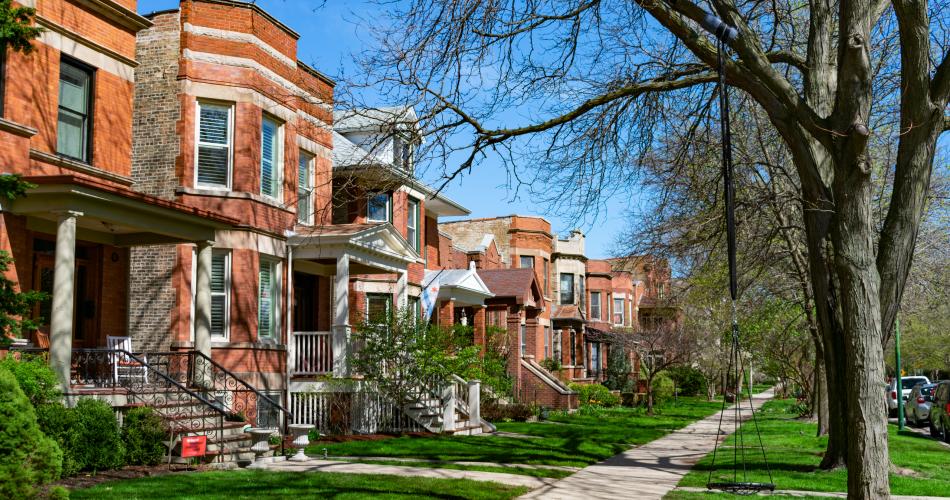Reading time: 6 minutes
Though we’re less than two months into 2020, state legislators are introducing pro-housing legislation at an incredible clip. In Washington, the state is considering bills to extend and expand the Multi Family Tax Exemption (MFTE) program and enact zoning reforms similar to those passed by Oregon. Up for Growth, which has a state project in Washington, is strongly supportive of each proposal. They are key pieces of the puzzle for solving the state’s housing affordability crisis, which stems from Washington’s 225,000-unit housing shortfall.
Last week, I joined with Up for Growth member Circulate San Diego to support California Assemblywoman Lorena Gonzalez’s introduction of AB 2345, which would enhance the state’s Density Bonus Law. Modeled after a successful policy implemented in San Diego, AB 2345 increases the maximum allowable density and number of available incentives under current law, which provides developers incentives for creating affordable housing. San Diego has already seen significant growth in new housing applications and affordable units since implementing the policy in 2016.
These are just a few of the kinds of policies that H.R. 4351, the Yes in My Back Yard (YIMBY) Act, seeks to uplift. The legislation, introduced by Congressman Denny Heck (D-WA) in the House and Senator Todd Young (R-IN) in the Senate, requires Community Development Block Grant (CDBG) recipients to report on local policies that affect housing affordability. Rather than putting a new burden on communities seeking this very important funding, the YIMBY Act shines a light on the places where local policies hold back both affordable and market rate home construction, as well as the communities passing innovative solutions to ensure their citizens have access to a home they can afford.
The House version of H.R. 4351 addresses a suite of potential policies that could improve housing availability and affordability, including multifamily zoning, minimum lot sizes, transit-oriented development zones, accelerating permitting timelines, and parking requirements. This week, the U.S. House Committee on Financial Services will consider the bill in its full committee markup – an exciting development for one of Up for Growth Action’s signature pieces of legislation. A coalition of 20 organizations sent a support letter to the Committee, including Chairwoman Maxine Waters (D-CA), supporting the amended version of the legislation and, ultimately, its passage.
The amended version of the legislation adds policy categories that closely align with the reforms already adopted, or at least in consideration, across the country. For example, California’s AB 2345 enhances an existing statewide density bonus law. Charlotte, North Carolina as well as New Rochelle, New York, are easing height requirements for residential properties, particularly those in close proximity to transit. Washington’s Multifamily Tax Exemption program uses the tax code to incentivize mixed-income development, which is one of the approaches included in the amended version of the YIMBY Act.
As we wrote in a recent insights posts, solving the housing crisis will require solutions at every level of government. This was a central theme in our letter to HUD’s Request for Information, part of the White House Council on Eliminating Regulatory Barriers to Affordable Housing process. It’s also a central tenet of the YIMBY Act. While the most impactful housing policy will likely come from state and local entities, the federal government cannot sit back and ignore a growing crisis. It can and should have a role to play.
In his much anticipated book on the national housing crisis, “Golden Gates: Fighting for Housing in America,” The New York Times’ Conor Dougherty quotes a frustrated former city manager in a California suburb who gets to the crux of the current challenge: “I’m not sure individual cities, left to their own devices, are going to solve [the housing crisis].”
The YIMBY Act is a modest but meaningful approach to ensuring that no city or state is simply “left to their own devices” when it comes to housing policy. And, perhaps, nudge those communities who are struggling with housing affordability to do something about it.
